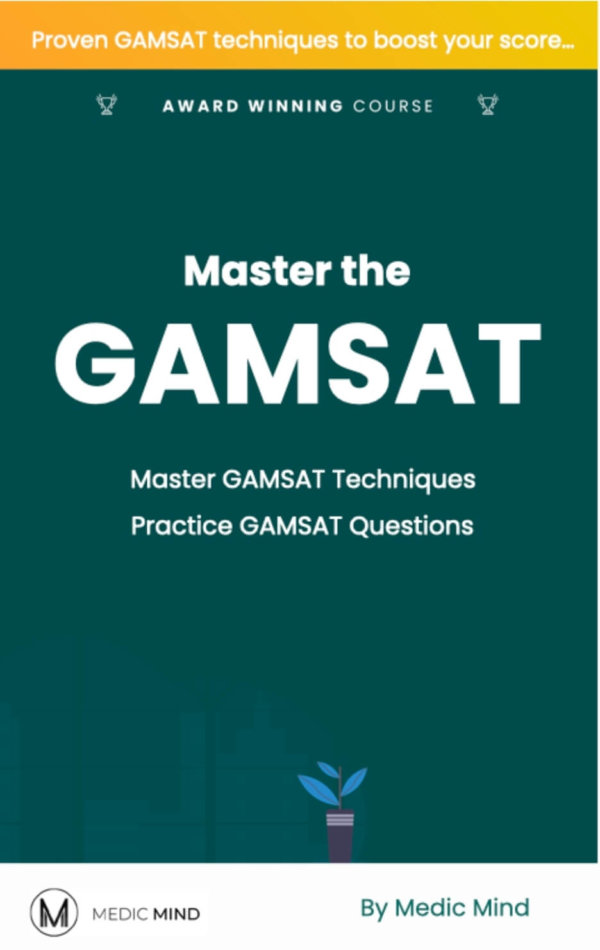Loading...

UCAT for Graduates
The UCAT for graduate students is just the same as the UCAT exam for undergraduates. There are no changes or adaptations to the test, which means if you have sat the UCAT exam before you will know what’s coming and have a start on how to prepare.
Are graduate applications are more competitive?
It can be said that your maturity of thought, and skills learnt in your undergraduate degree such as critical thinking, along with more exam sitting experience, can assist you in scoring well in the UCAT. After all, scoring highly in the UCAT is essential for graduate entry medicine, as it is even more competitive than undergraduate medicine. Therefore, a high score is essential to make your application competitive and secure you not only an interview, but also a place at medical school!

How should I approach sitting the UCAT again?
Any experience of the UCAT is useful. If you’ve done the exam before, you will know how things work on test day and how to revise better this time around. Depending on when you did the UCAT, the sections may be the same – the only recent major change is the introduction of Decision Making to replace Decision Analysis. You probably won’t remember the practice questions you used, so you can use similar question banks to last time – although check out new question banks that may be present, as they may be more accurate and modern.
FAQs
The UCAT (University Clinical Aptitude Test) for Graduates is a standardized test used by some universities in the UK to assess the suitability of graduates for entry into certain healthcare-related courses, such as Medicine, Dentistry, and Veterinary Science.
The UCAT for Graduates is specifically designed for individuals who have already completed a degree or are in the final year of their degree program. It is intended for those who did not take the UCAT as part of their initial application to undergraduate healthcare courses.
Preparing for the UCAT for Graduates involves familiarizing yourself with the test format and question types, practicing under timed conditions, and developing test-taking strategies. There are a variety of resources available to help with UCAT preparation, including practice tests, study guides, and tutoring services.
The UCAT for Graduates is typically administered between July and October, depending on the university and course requirements. It is important to check with individual universities to determine the testing dates and deadlines.
The UCAT for Graduates is essentially the same as the standard UCAT, which was previously known as the UKCAT (UK Clinical Aptitude Test). The name was changed in 2019 to reflect the growing use of the test in international healthcare programs.
Graduate entry medicine in the UK is highly competitive. The number of available places for graduate entry students is limited, and the competition for those places is intense. According to the latest data from the Universities and Colleges Admissions Service (UCAS), in the 2021 application cycle, there were over 8,600 applicants for just 2,890 places in graduate entry medicine programs across the UK.
The selection process for graduate entry medicine is rigorous, and includes a range of criteria such as academic performance, UCAT or GAMSAT scores, work experience, and personal statements. Many universities also require candidates to attend an interview as part of the selection process.
Due to the high level of competition, it is important for prospective graduate entry medicine students to have a strong academic background and a well-rounded application that demonstrates their suitability for the course. This may include relevant work experience in a healthcare or related field, extracurricular activities, and strong references.
Overall, while graduate entry medicine in the UK is highly competitive, with the right preparation and a strong application, it is possible to secure a place in a reputable program.
Related
Related Articles
Support for the whole medical application process from UCAS application, UCAT/BMAT, personal statement, interview and more!
With over 1000 UCAT questions, mock paper walkthroughs and timing tips and advice
A unique opportunity to explore the world of healthcare through interactive simulations and real-life case studies. Run by senior physicians
Personalised private lessons, tailored to your UCAT needs





Was this article helpful?
Still got a question? Leave a comment
Leave a comment